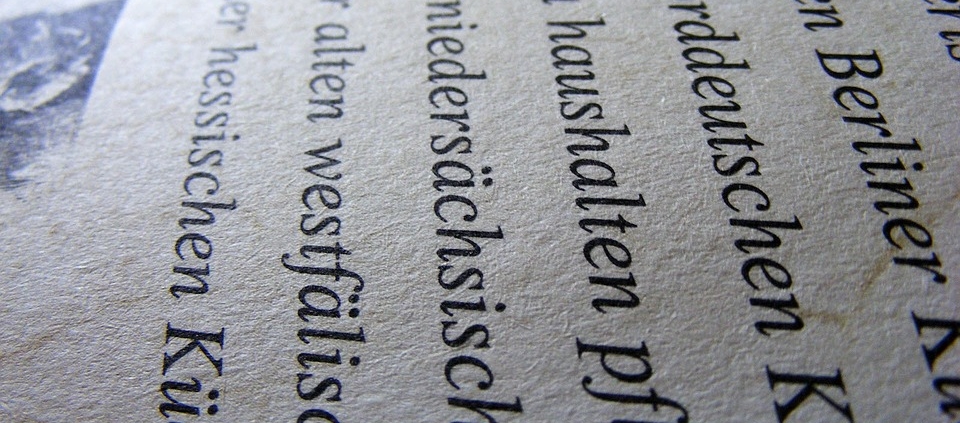10 German words that even native speakers fail to write
When it comes to German, native speakers make mistakes as well as foreign people
Learning German is no easy task. Students often claim ironically: “Life is too short to learn German”. It can be true, in some ways. In fact, even Germans have troubles with their own idiom, and this may comfort us. In this connection, the popular magazine “Die Welt” has created a quick Quiz-test, with ten German words that even native speakers fail to write.
1. Margerite
The meaning of this word is easy to understand: the daisy, (indeed!). The correct orthography of the word is Margerite; yet, Germans often write Margarite, Margharite, or Margarithe. As an interpretation, we may assume that they confuse the above-metioned word with real names, such us Margarete and Margarethe.
2. Mieze
Germans use this word to refer to little and cute cats (“kitty” in English) as well as to young women. As the diphthong “ie” is pronounced as a long i, and the Phoneme “tz” sounds like a z in German, native speakers often end up with writing Mitze, Mize, Mietze.
3. Um Himmels Willen
Um Himmels Willen matches the English version “For God’s sake!”and raises doubts among native speakers, as well as among German language learners. Considering the fact that German has loads of compound words, it might happen to misunderstand two distinct words: Himmel willen and the single word Himmelswillen. The other issue is whether willen, which means to will, has to be capitalized like a normal substantive.
4. Raffinesse
Raffinesse means both refinement and cunning/shrewdness. Perhaps beacause of its French origins, the word might put native speakers in trouble, overlooking one or even both the doubles.
5. Delinquent
The word, which is also an English term, has a Latin origin and this is probably the reason why German native speakers tend to fail writing it, by mistaking K and Q sounds, and adding a H.
6. Abwegig
Abwegig means “wrong, misleading”. German people often write this word with a Ä, which sounds like an open A.
7. Algorithmus
It might happen Germans to substitute the I with an Y, Algorythmus. The mistake is perhaps due to the word Rhytmus (“rhythm” in English), which actually sounds similar.
8. Gefeit
Gefeit means “immune, invulnerable”. Native German speakers sometimes write it incorrect, by adding letters: gefeiht, geffeiht, or geffeitt.
9. Gemanagt
Gemanagt, which means to be organized and managed, is the past participle form of the verb managen. The past participle form of German regular verbs is formed by adding a -t at the end of the verb stem. However, managen comes from the English to manage and this derivation is what actually leads native speakers to confusion. In particular, the issue is whether to respect German language rules and consider it as a German verb, or to simply add the ending –ed to the verb stem, hence to preserve the English version.
10. Eigenbrötler
This word has a curious origin: it comes from an old dialect of the South-West of Germany. Eigenbrötler means literally, “who makes the bread himself”. It contains in fact the word Brot, which means bread. With this term, Germans used to indicate those people, living in nursing centers, as well as unmarried men taking care of themselves. The word has then assumed the meaning of “misanthrope, maverick, loner”. Commons mistakes? Wrong versions such as Eigenbrödler or Eigenbröthler.
Would you rather avoid mistakes whilst writing in German? Why don’t you attend one of our courses? Here you can find all the information you need!












Dejar un comentario
¿Quieres unirte a la conversación?Siéntete libre de contribuir!